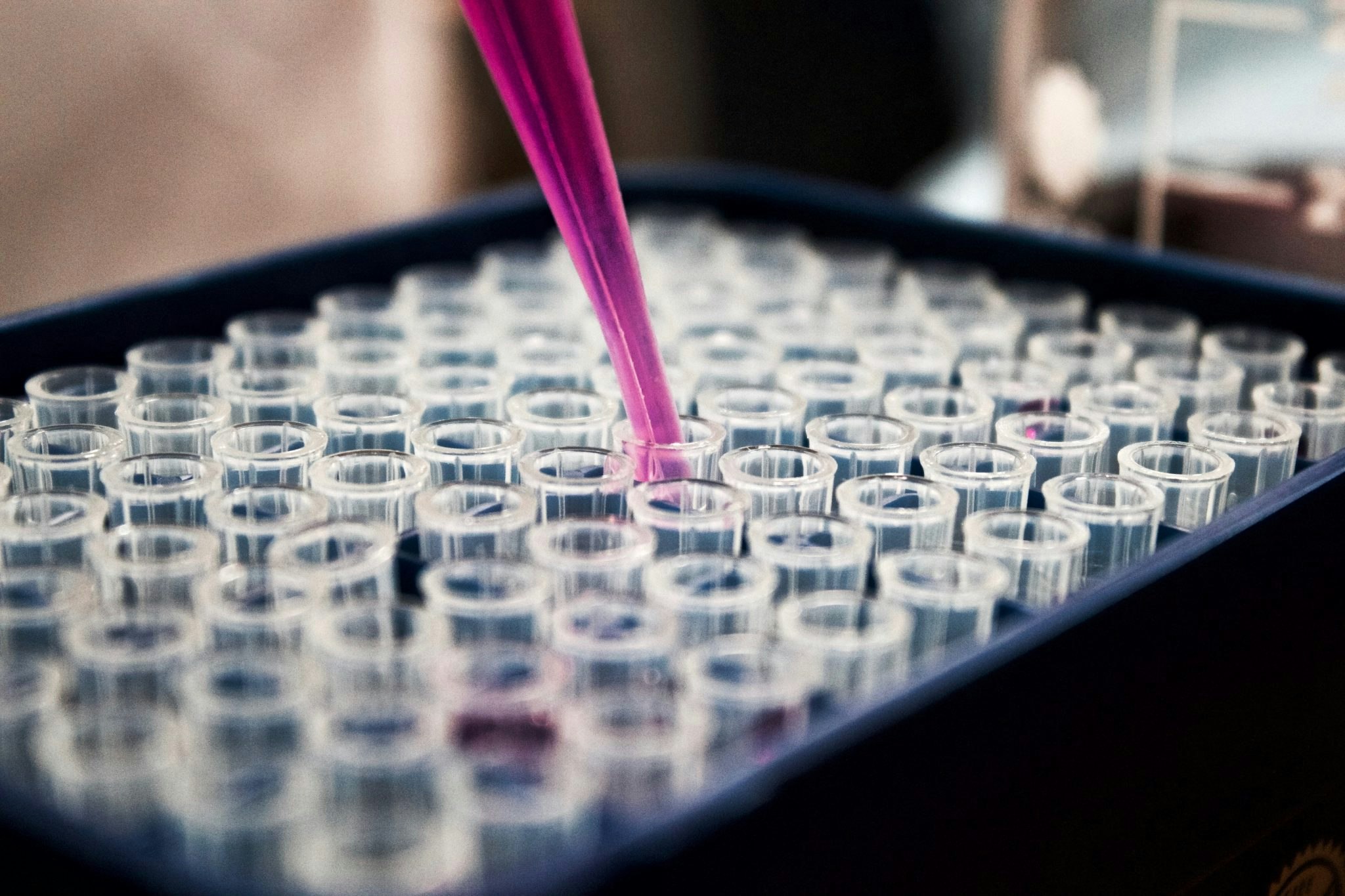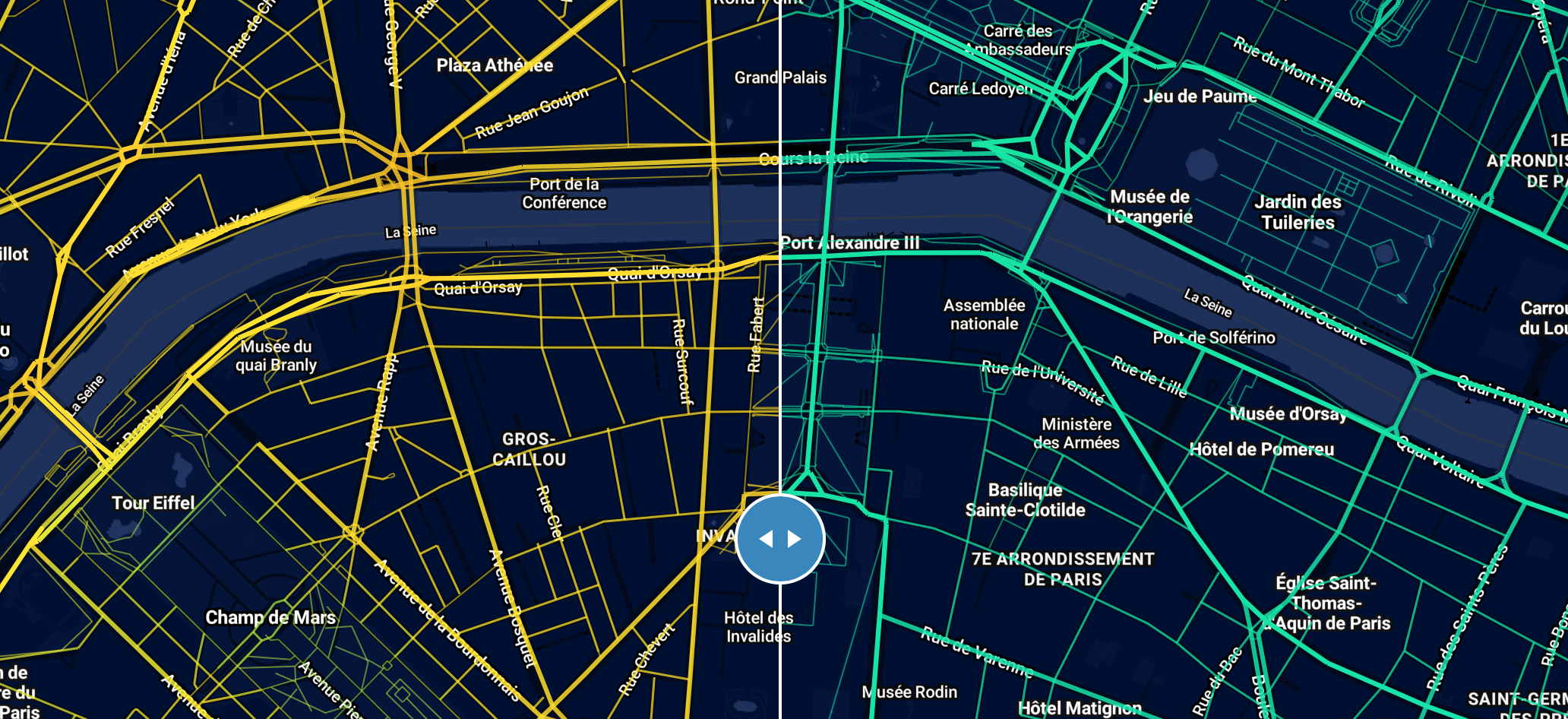Valencia-based artificial intelligence startup QUIBIM has raised €8m to develop its Covid-19 detection software in a seed funding round co-led by Amadeus Capital Partners and Adara Ventures, with participation by Apex Ventures, Partech, Crista Galli Ventures and existing shareholders, including Tech Transfer UPV.
The startup develops algorithms that extract data from medical imaging data, such as X-ray and CT scans, to find abnormalities and biomarkers that detect disease early.
QUIBIM is currently analysing data from 5,000 patients from 40 EU hospitals, with the help of experienced radiologists, to train a Covid-19 detecting algorithm, which it hopes can be released in full within two months.
It is one of a range of companies using AI to help with coronavirus. The most notable is BenevolentAI, a UK company using machine learning to search a database of existing, approved drugs, for one that could be repurposed to treat Covid-19.
At the moment, PCR (polymerase chain reaction) testing is currently the dominant method for testing for Covid-19 globally, but a recent study from John Hopkins University found that, even a week after infection, one in five Covid-19 patients will show as negative.
Hence the race is on to find new solutions.
Preliminary results suggest that the QUIBIM’s platform can detect Covid-19 with 91% accuracy by using data from CT scans. The startup’s founder and chief executive Angel Alberich-Bayarri told Sifted that this technique could serve as a vital complement to current testing techniques.
“It’s a direct visualisation of the lungs so you directly get the information from the tissue,” he explains. “When you are extracting a sample for the PCR analysis from the mucus, you need to be careful of taking the sample from deep enough. If not, even if you have Covid, this will not be detected.”
“A tireless companion”
Testing for Covid-19 is a central component of many governments’ “test and trace” strategy, to allow countries to reopen safely while preventing major new outbreaks of infection.
CT scans have been widely used in China to test Covid-19 patients, with promising results, but analysing these scan images can be time-consuming.
Alberich-Bayarri hopes that QUIBIM’s algorithm will take the strain off radiologists, who have been dealing with huge quantities of medical images from possible Covid-19 patients.
“During the pandemic we had some centres with more than 500 scans a day,” he says. “Radiologists were saying to us, ‘We need something objective, it’s not possible for us to keep attention from case 1 to case 500. We are tired.’ So it’s very important for radiologists to have a companion that is tireless.”
Despite the promise of this testing method, Alberich-Bayarri says that AI analysis of scans cannot work in isolation.
“We have to take out the hype that AI can do everything. This is not aiming to substitute, but as added value,” he says. “It cannot be the only method, as the real, ground truth is when you see the virus.”
Some critics say exposing patients to radiation, as well as their high cost, make CT scans an unsuitable method for testing for Covid-19. Alberich-Bayarri says that given that many potential Covid-19 patients will have these scans anyway, it should be seen as a valuable addition to other tools.
The new funding for QUIBIM will be used to accelerate the development of the Covid-19 detection algorithm, as well as to scale the business. It comes as welcome news when an easing of lockdowns has seen Covid-19 cases begin to climb in certain territories — a stark reminder that the global community will need all the help it can get as we continue to fight the virus.



